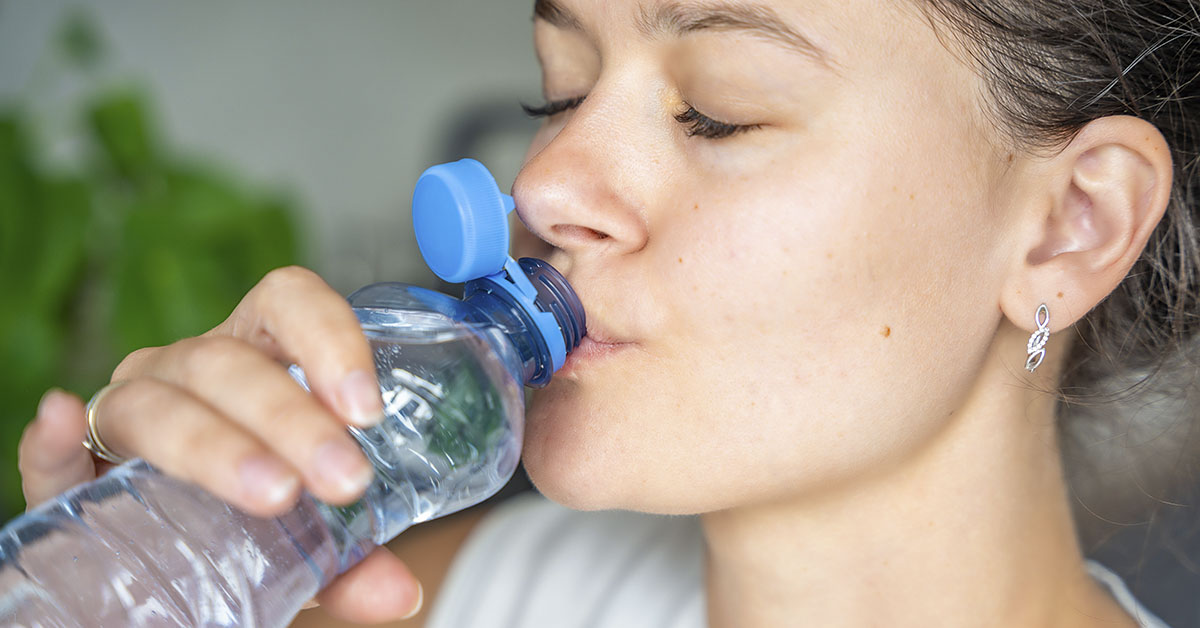All life on Earth is reliant on water for survival. For humans, without it, we cease to exist so rarely will you hear anyone say “you’ve had enough” when drinking water. That makes sense as the human body comprises approximately 60% water, making adequate fluid intake essential. Health experts recommend 8 daily water glasses, but individual needs vary significantly by activity level, climate conditions, and health factors. However, there are different types of water, and not all bottled brands are created equal. Understanding the various water types available is crucial. This knowledge will help you choose the best brand for your needs.
Tap Water
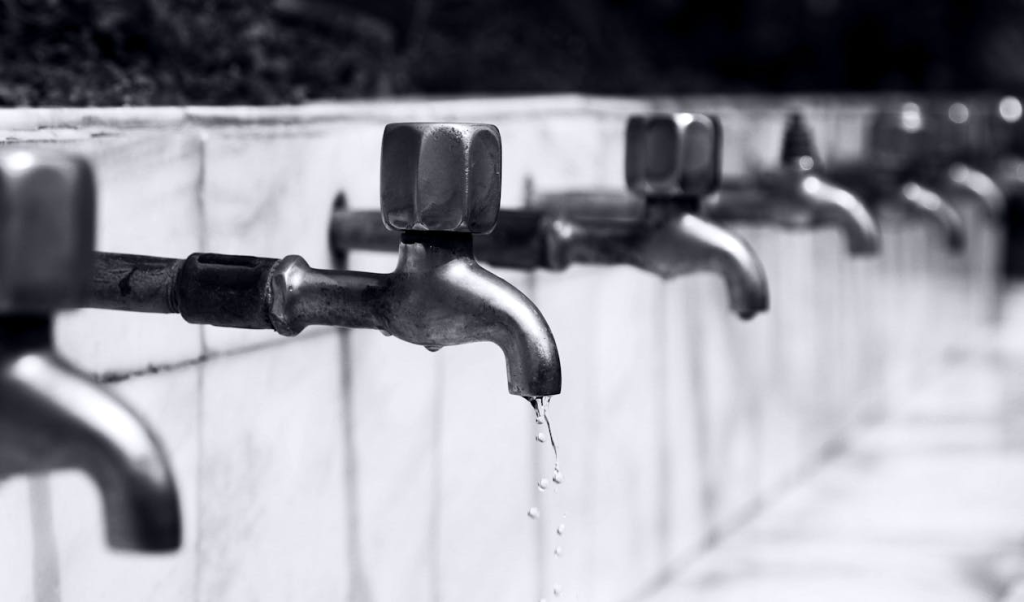
This type of water is the most accessible and economical option for most people when getting water. Municipal water systems deliver this piped water supply directly to homes and businesses after extensive treatment processes. Public water utilities treat tap water to meet Environmental Protection Agency standards under the Safe Drinking Water Act.
Pros
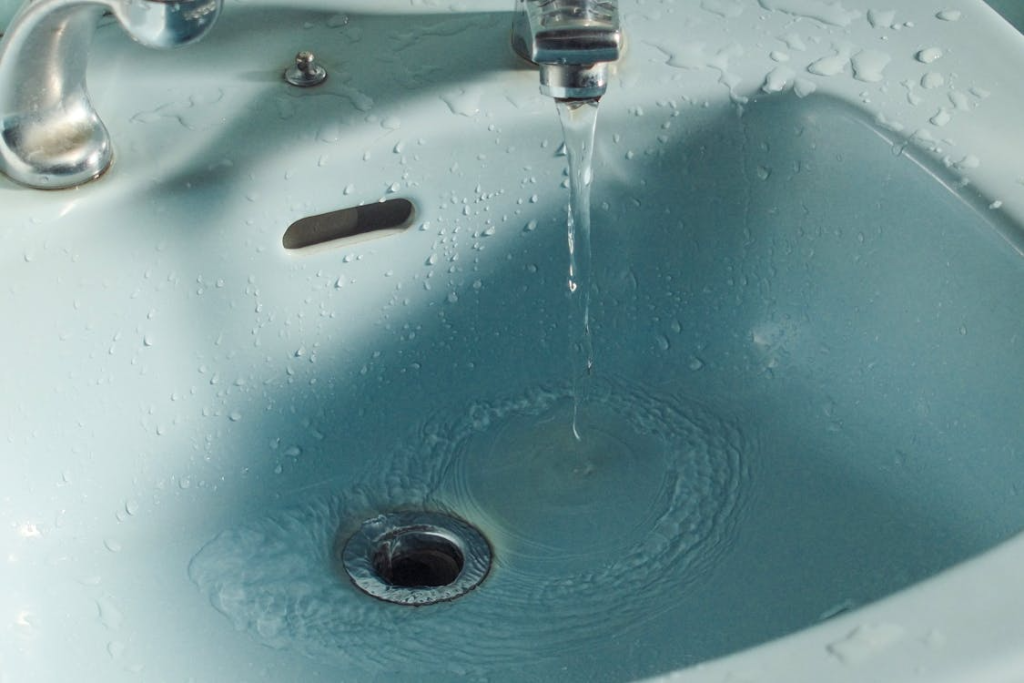
Tap water is easily accessible, with many parts of the developed world having access to water. The Environmental Protection Agency regulates tap water quality, setting legal limits on over 90 contaminants including heavy metals and harmful microorganisms. Municipal water systems test tap water multiple times daily to ensure they adhere to safety standards.
In England alone, 99.97% of water samples passed stringent quality tests last year. Tap water costs less than 0.1 cents per liter, making it 200 times more affordable than bottled alternatives. Many public water supplies also contain added fluoride, which the Centers for Disease Control and Prevention identifies as one of the 20th century’s most important public health achievements.
Cons

Despite stringent regulatory oversight, contamination incidents can occur in tap water systems. Lead contamination has affected water supplies in Flint, New Jersey, and Chicago in recent years. PFAS chemicals have been detected in 30 regions across the United States and Europe. Research has identified plastic particles in tap water supplies globally. Public water supplies may contain pesticide residue, aluminum, and other undesirable substances that pass through treatment processes. Some people find tap water’s taste unappealing due to chlorine treatment or mineral content variations.
Read More: There May Be a Hidden Cancer Risk In Your Tap Water
Mineral Water

This type of water originates from underground mineral springs and contains naturally occurring minerals, including calcium, magnesium, and sulfur. To qualify as natural mineral water, the product must contain at least 250 parts per million of dissolved minerals. These minerals provide health benefits that regular water cannot deliver independently.
Pros
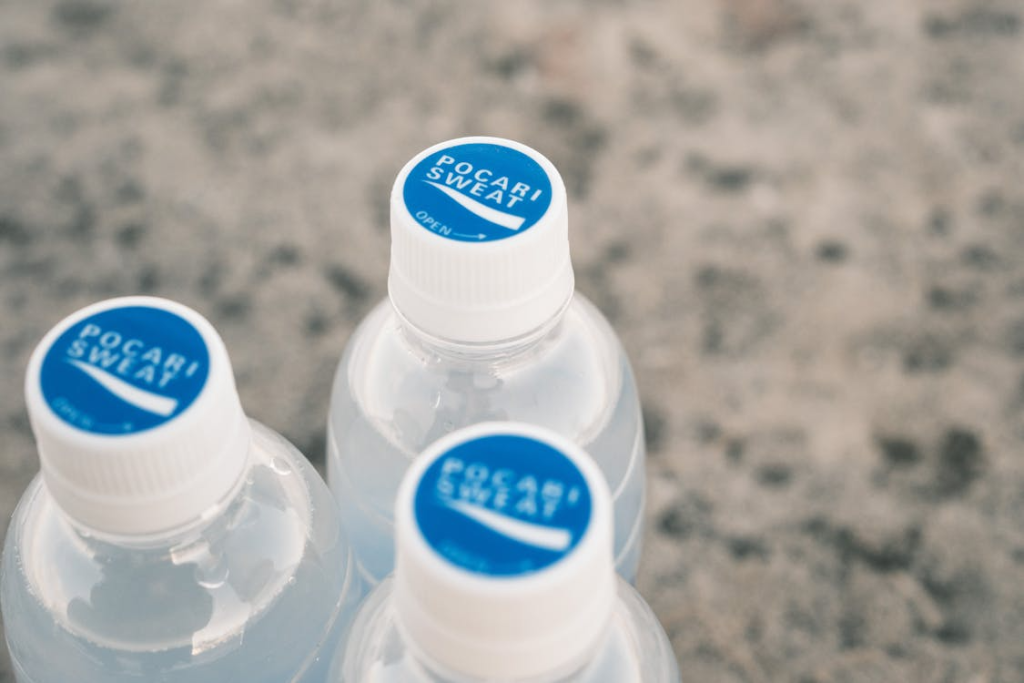
Mineral water provides essential minerals that your body cannot produce naturally. These nutrients support bone health, improve digestion, and help replenish electrolytes lost through daily activities. The natural mineral content can aid digestive processes and many consumers prefer its taste over plain tap water. Studies show that mineral water contains beneficial trace amounts of calcium and potassium. The minerals present in this water type can support various bodily functions and overall health.
Cons
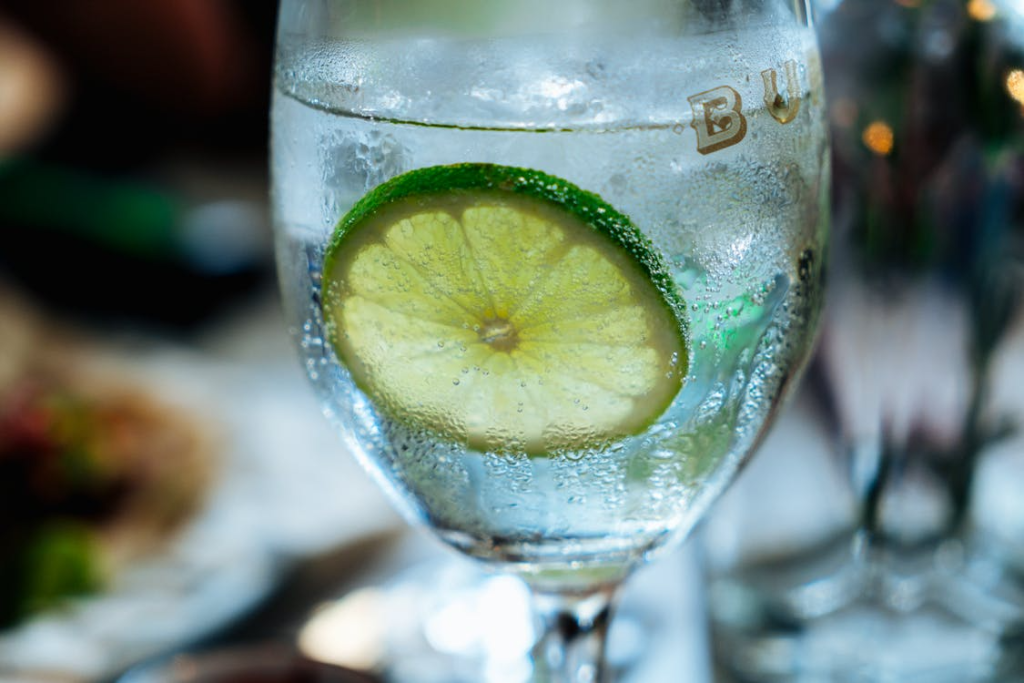
It costs significantly more than tap water, making it an expensive choice for daily consumption. Many minerals found in mineral water can be obtained through a healthy, varied diet, potentially making the exorbitant price unnecessary. Some mineral waters contain over 1,000 mg/L of total dissolved solids, which may be excessive for certain individuals. The high mineral content might not suit everyone’s taste preferences or dietary requirements. Regular consumption of high-mineral content water could potentially lead to mineral imbalances in sensitive persons.
Spring Water
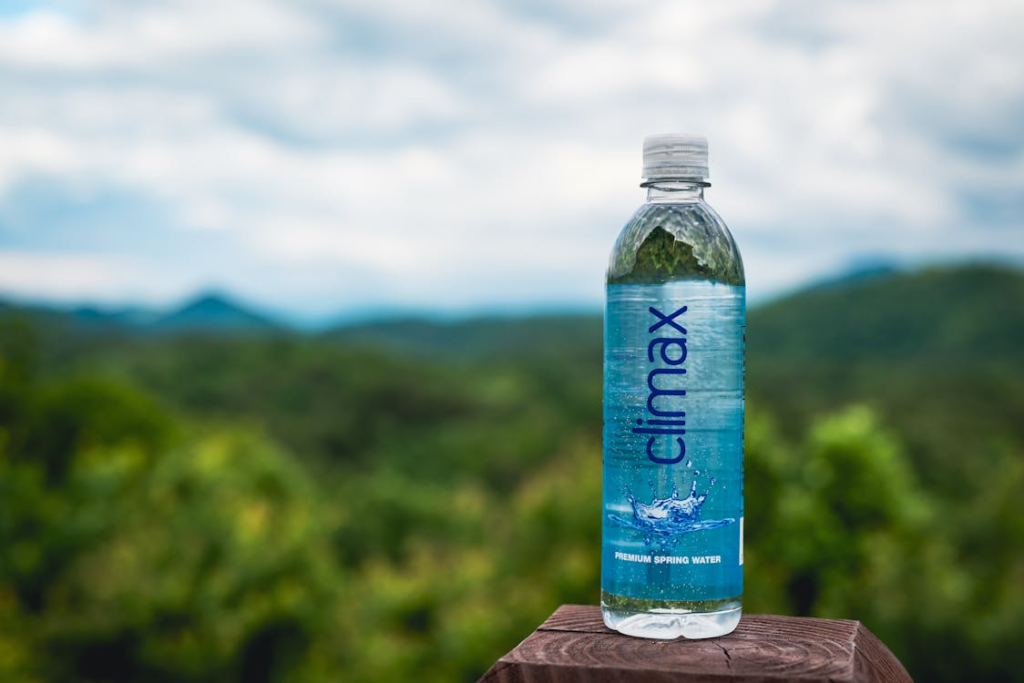
This type of water comes from natural underground springs where water naturally flows to the surface. Companies bottle this water directly at the source before it mixes with other water bodies to avoid any contamination. The natural filtration through rock and soil layers gives spring water its distinctive taste and mineral properties.
Pros

Spring water undergoes natural filtration through layers of rock and soil, creating high purity levels. This natural process removes many contaminants while retaining beneficial minerals like calcium and potassium. Spring water offers a refreshing taste that many consumers find more appealing than tap water. The minimal processing required helps maintain the water’s natural flavor and properties. Spring water provides hydration while delivering nutrients that are crucial for daily bodily functions.
Read More: Regular Water isn’t Cool Anymore, But Hydration Supplements Are In. Do They Really Work?
Cons

Spring water can become expensive when consumed regularly, especially compared to tap water alternatives. Some spring water products are raw, unfiltered, and untested, potentially posing health risks depending on their contents. The quality and safety of spring water depend heavily on the source’s protection from contamination. Natural springs may be vulnerable to environmental pollutants or bacterial contamination if not properly monitored or maintained. The lack of standardized treatment processes for spring water means mineral content and taste can vary significantly between different spring sources.
Sparkling Water

Carbon dioxide gas infused under pressure with water gives sparkling water its soda-like characteristics. Also known as carbonated water or soda water, this beverage offers an alternative to still water options and sugary sodas. Many sparkling water brands also contain natural minerals, providing extra health and nutrient benefits beyond just hydration.
Pros
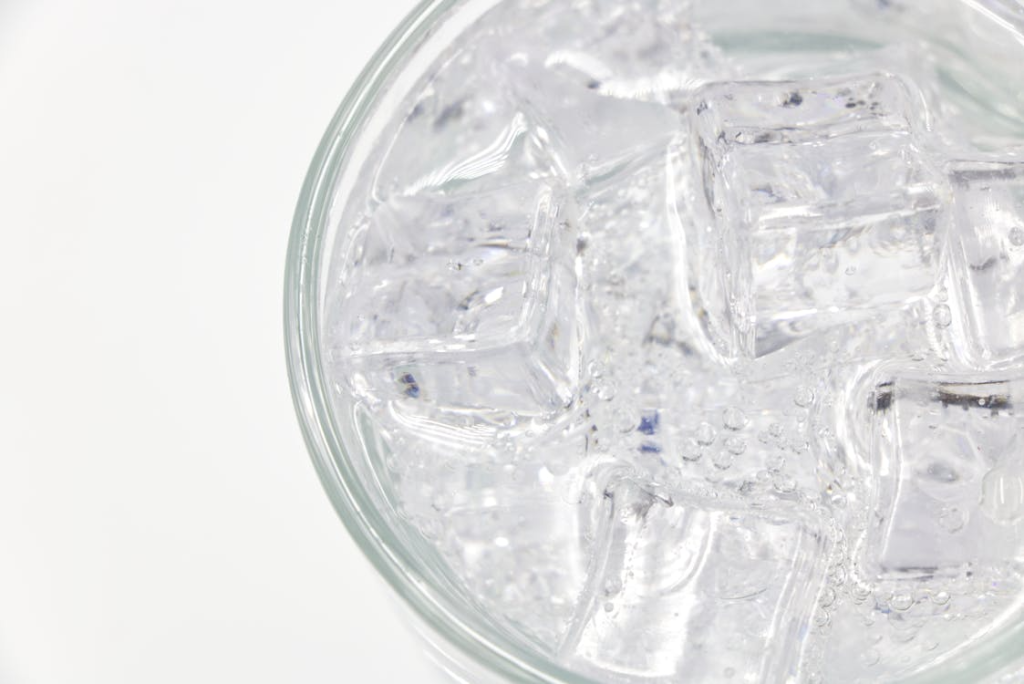
Sparkling water provides 0 calories and 0 sugar, making it a perfect alternative to sugary sodas. The carbonation can make drinking water more appealing, encouraging increased daily water intake. Some people find that carbonated water helps with digestion by promoting burping and relieving gas and bloating. Sparkling water serves as an excellent base for creating healthier beverage options when mixed with natural fruit juices. The bubbles and mineral content can provide a more satisfying drinking experience than plain water. Studies suggest that sparkling water has a lower pH than traditional sodas, making it less likely to harm tooth enamel.
Read More: What To Know About The Potentially Toxic ‘Mystery Chemical’ in Certain U.S. Drinking Waters
Cons

While sparkling water contains some minerals, the amounts are generally insufficient to provide any meaningful health benefits. The cost of sparkling water exceeds both tap water and many bottled water alternatives. Some sweetened or flavored varieties may contain artificial sweeteners or added sugars that could negate their potential health benefits. The carbonation process can create slight acidity that may affect tooth enamel over extended periods. Regular consumption of carbonated beverages might cause digestive issues and discomfort in sensitive persons.
Distilled Water
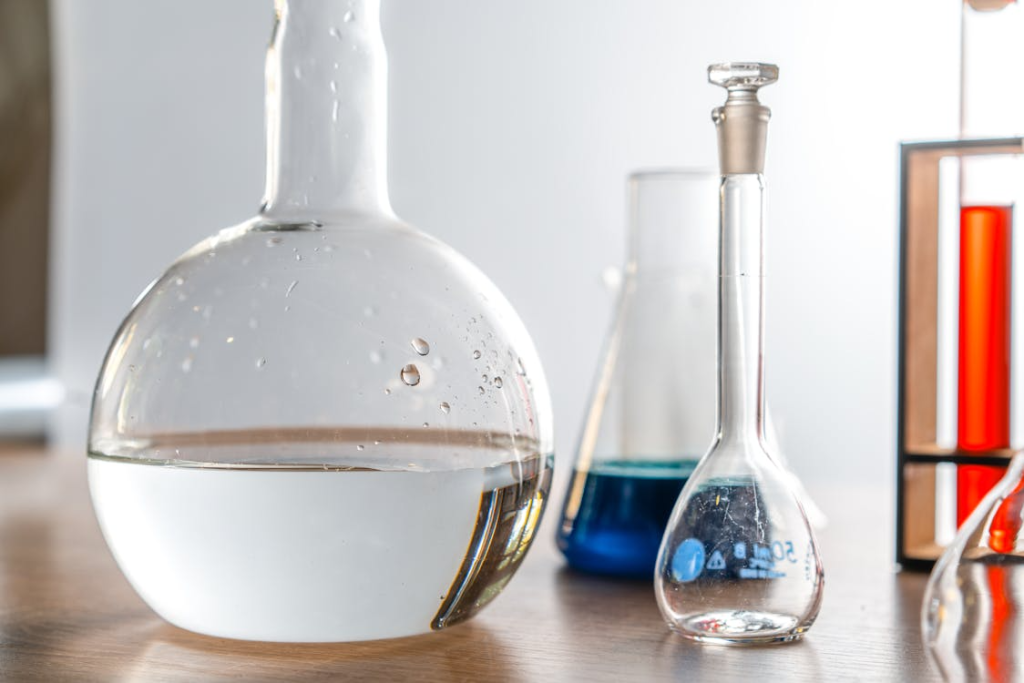
This type of water results from boiling water and collecting the condensed steam back into liquid form. This distillation process removes virtually all impurities, contaminants, and minerals from the original water source. The result is a flatter-tasting water devoid of any minerals or contaminants. This type of water could be better than tap water in regions where tap water is potentially compromised.
Pros
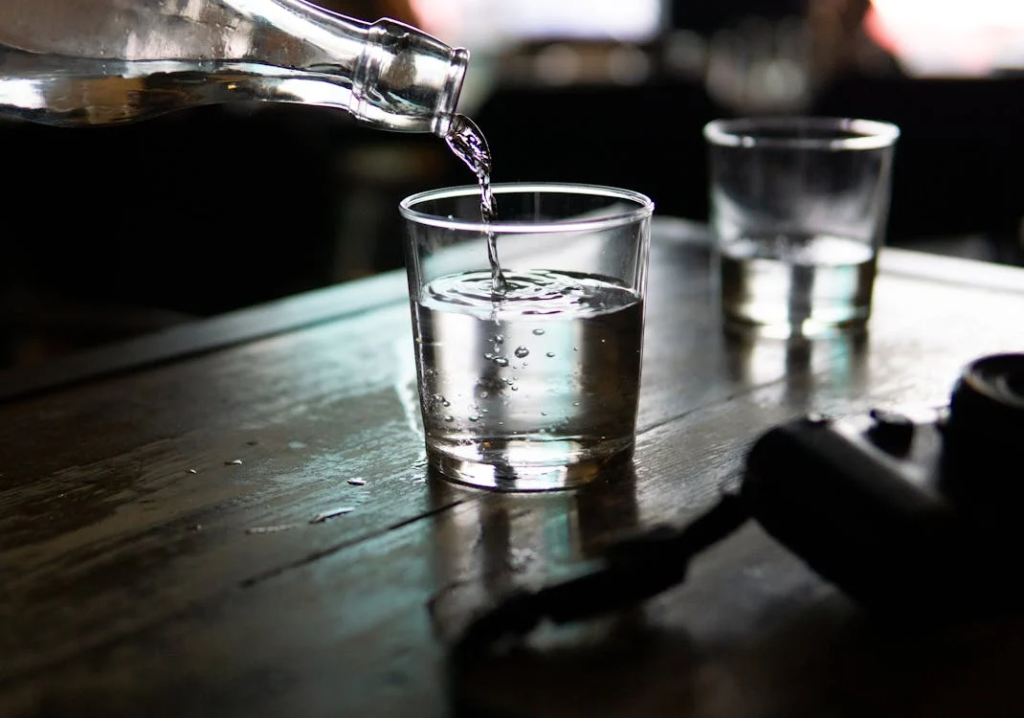
The distillation process removes over 99.9% of minerals, bacteria, and other contaminants dissolved in water. This makes distilled water ideal for people living in areas with contaminated water supplies. Distilled water does not become contaminated during the distillation process and will not introduce harmful chemicals into your body. The purification process eliminates concerns about pesticides, heavy metals, or bacterial contamination.
Read More: Is Saltwater Good For Your Skin? 6 Reasons Why You Should Try
Cons
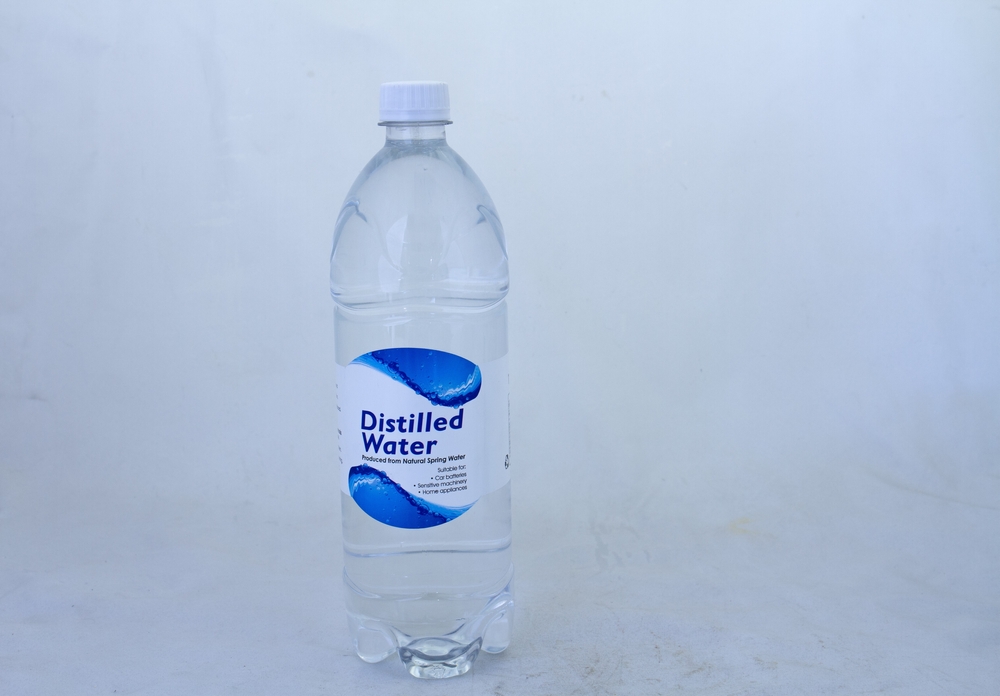
Distilled water lacks essential minerals like calcium, magnesium, and potassium that support bodily functions. Regular consumption of distilled water may lead to electrolyte imbalances, causing fatigue, muscle cramps, and headaches. Distilled water’s lack of mineral content means it tends to leach minerals from whichever source is available, particularly from the body.
The absence of minerals gives distilled water a flat, bland taste that many people find unappealing. Long-term consumption without adequate mineral replacement through diet could lead to nutrient deficiencies. The energy-intensive production process makes distilled water more expensive than many alternatives.
Purified Water
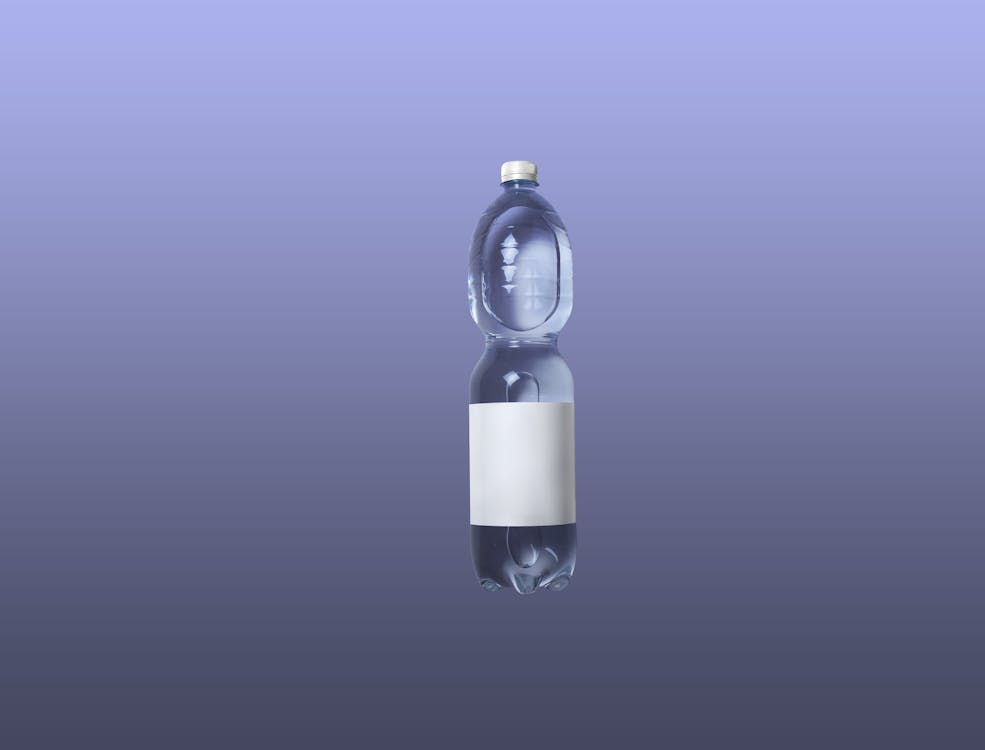
This type of water undergoes treatment to remove harmful substances like bacteria, fungi, and parasites ensuring it is practically safe to drink. This process also removes other impurities like metals and chemical pollutants. This water type typically starts as tap or groundwater that receives additional processing through several purification methods. In most of the Western world, public drinking water is already purified to be fit for human consumption.
Pros
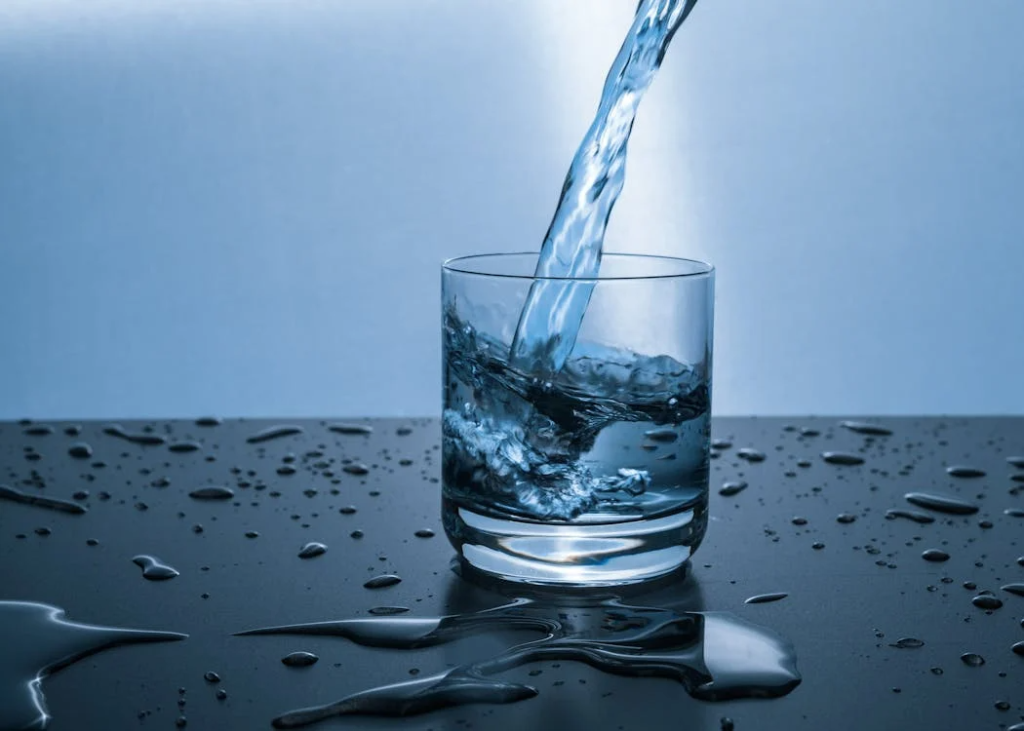
The purification process to create purified water ensures that all contaminants are removed from the water. Multiple purification methods including reverse osmosis, ozonization, and distillation ensures high water quality. This water type provides reliable hydration especially in regions where drinking water sources are contaminated.
Purified water offers a consistent taste and quality regardless of the original source water. The treatment process removes chlorine, sediment, and volatile organic compounds that affect taste and safety. Many purified water products undergo rigorous testing to meet strict quality standards.
Cons

The purification process removes beneficial minerals that are naturally present in water sources. Some purification methods may not eliminate all types of contaminants, particularly certain chemicals or pharmaceuticals. Purchasing purified water or installing home filtration systems can be costly compared to tap water. Some purified water lacks fluoride, missing the dental health benefits provided by fluoridated tap water. The removal of minerals may result in a flat taste that some consumers might not enjoy as much as other types of water.
Flavored Water
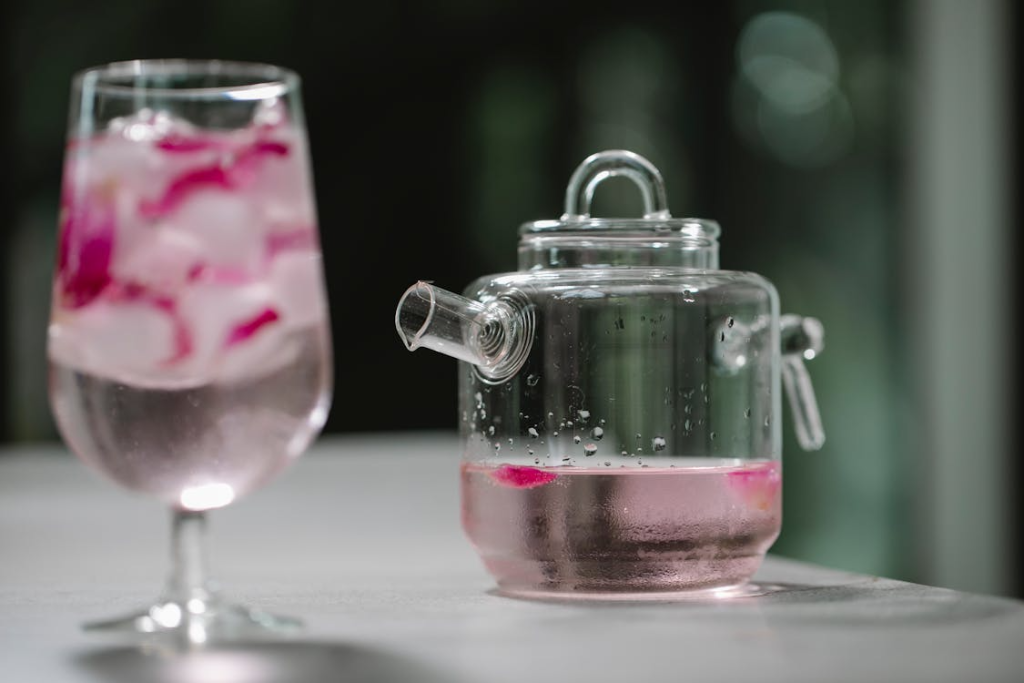
This type of water combines plain water with natural or artificial flavorings to enhance taste and encourage consumption of water. These products may contain fruit juices, herbs, sugar, artificial sweeteners, or other additives depending on the brand. The flavoring agents can provide additional nutrients or simply improve the drinking experience. They may also be carbonated like sparkling water.
Pros
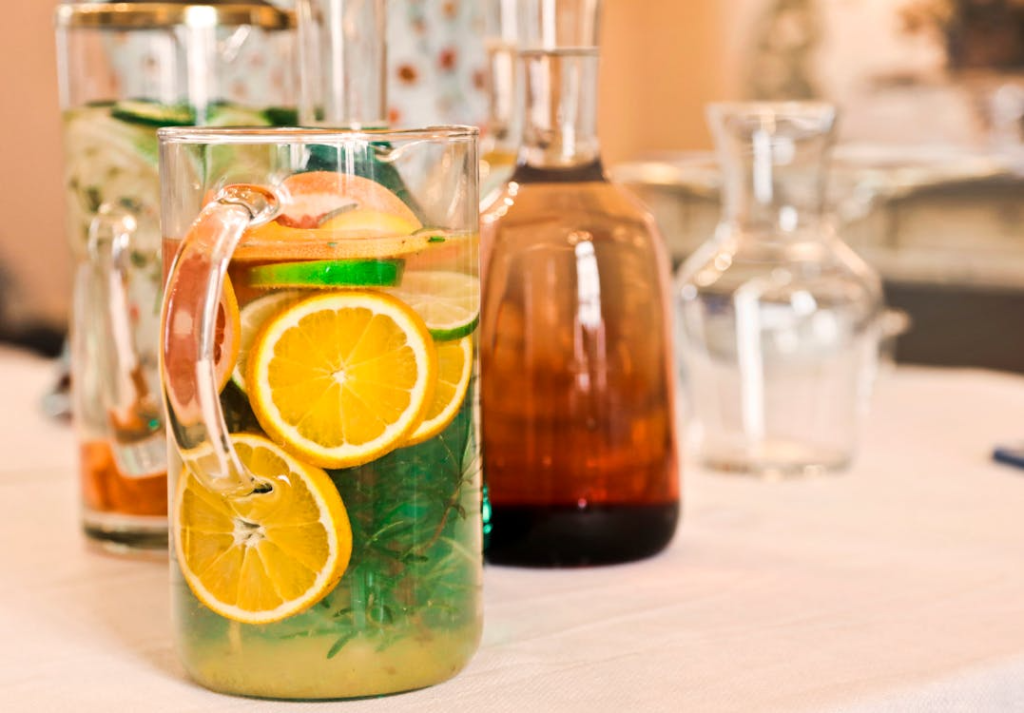
Flavored water makes drinking water more enjoyable and can encourage increased daily water intake. Natural fruit flavors provide beneficial nutrients including vitamin C and antioxidants that support overall health. The variety of available flavors make drinking water more attractive and exciting, especially for children who may enjoy sugary sodas.
Some flavored waters contain herbs that offer additional health benefits beyond just fulfilling hydration needs. Low-calorie options provide taste enhancement without significant caloric impact on daily nutrition allowances. The flavors can help individuals transition away from sugary sodas and other sweetened beverages.
Cons
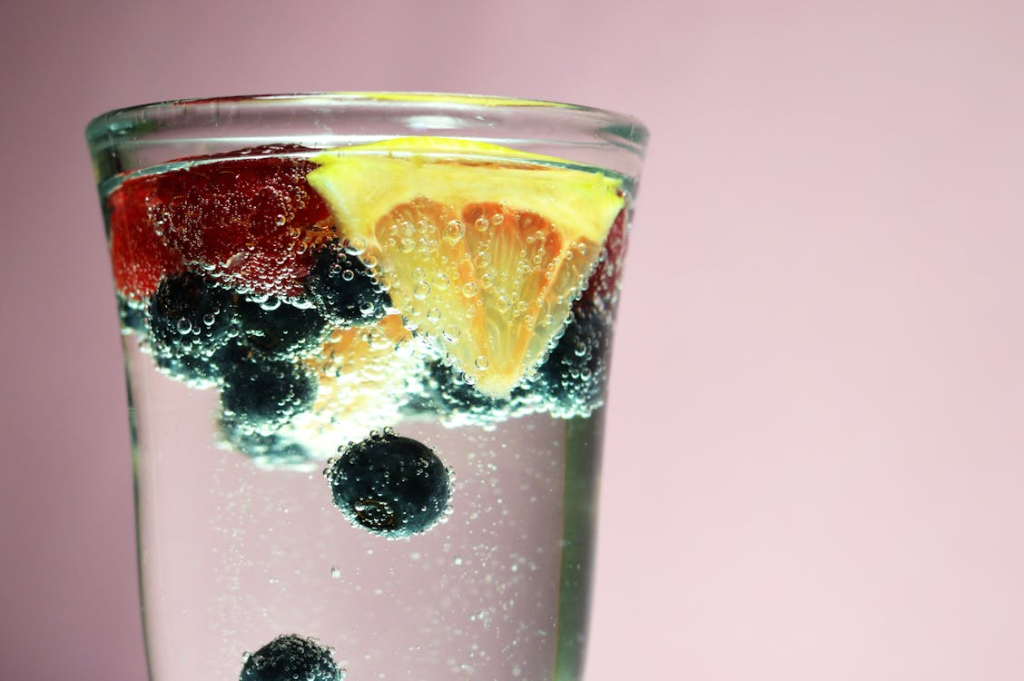
Many flavored water products contain added sugars that can lead to weight gain and dental issues. Artificial sweeteners used in sugar-free varieties may cause digestive issues or headaches in sensitive individuals. Some products include high fructose corn syrup, which can be detrimental to metabolic health. Artificial flavors and preservatives may pose health concerns for some consumers. The added ingredients can significantly increase the cost compared to plain water alternatives. Flavored water, intended as a healthier alternative to sugary drinks, may inadvertently increase cravings for sweet foods and beverages with regular consumption.
Alkaline Water

This type of water contains a higher pH level than regular tap water, typically measuring 8 or 9 on the pH scale. Alkaline water also contains alkaline minerals and negative oxidation reduction potential. Manufacturers claim these properties provide health benefits beyond just hydration.
Pros
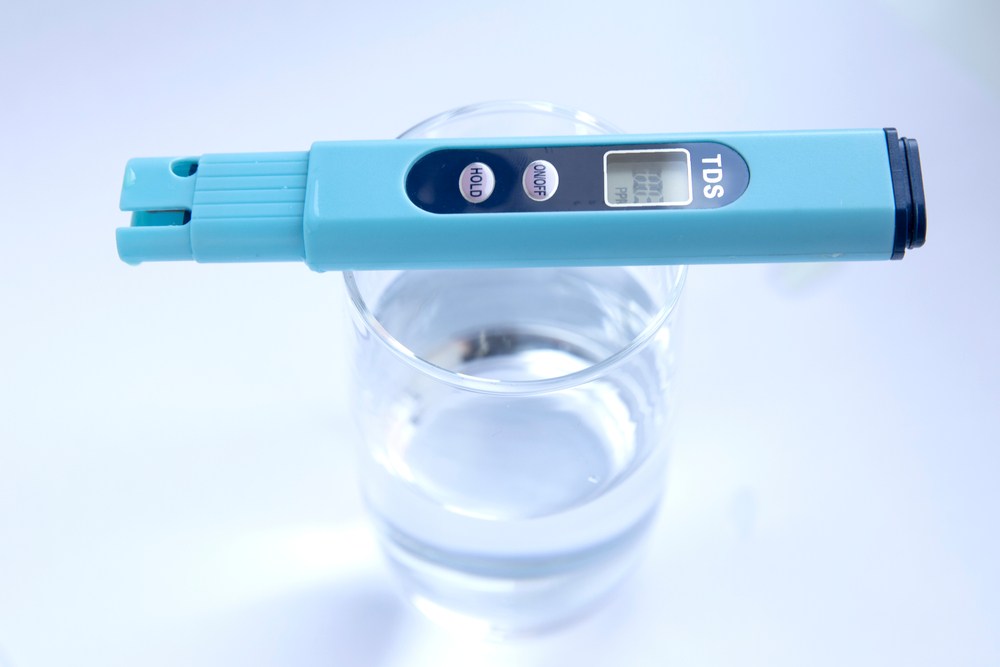
Alkaline water may help neutralize acid in the body and restore pH balance, however, evidence proving these claims are unsubstantial. Some studies suggest it provides enhanced hydration compared to regular water by reducing blood viscosity. The higher pH levels could potentially help reduce acid reflux symptoms in certain individuals.
Alkaline water might increase energy levels by counteracting excessive acidity that contributes to fatigue. Research also indicates that it may offer better hydration benefits for athletes during and after exercise than regular water.
Cons

Scientific evidence supporting many alkaline water health claims remains limited and inconclusive. Excessive consumption could reduce stomach acidity, potentially impairing the body’s ability to kill harmful bacteria. High alkaline intake might lead to metabolic alkalosis, causing symptoms like nausea and vomiting.
The high price of alkaline water makes it economically unsustainable for regular consumption in comparison to tap water alternatives. Some individuals may experience digestive discomfort when transitioning to alkaline water consumption. The long-term effects of regular alkaline water consumption have not been thoroughly studied.
Well Water
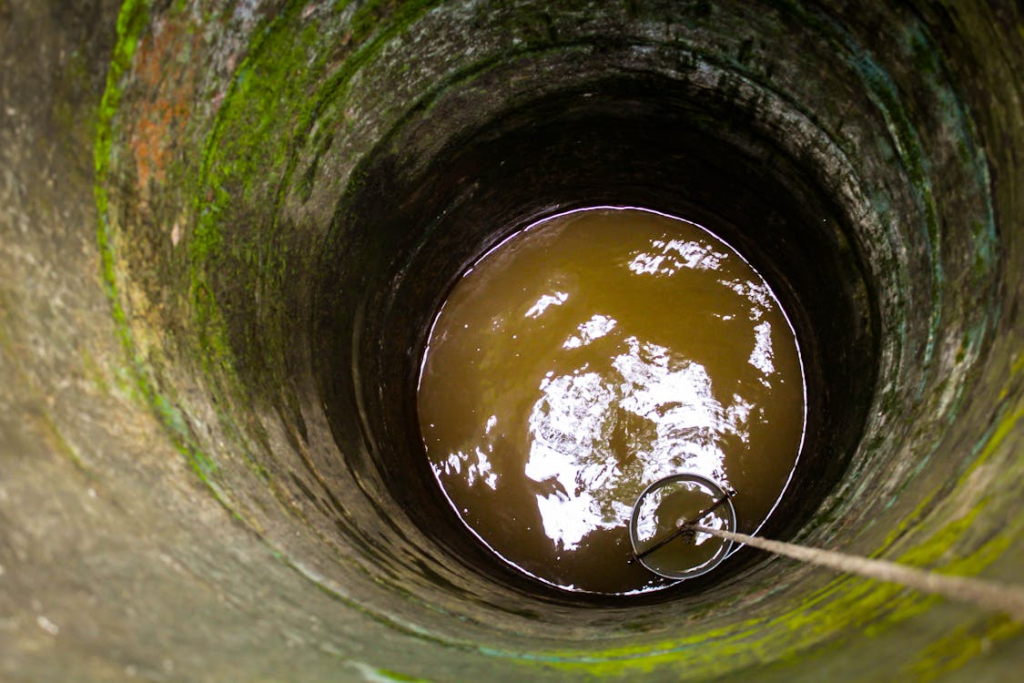
Sourced directly underground, well water appears inexpensive and fresh but poses contamination risks. This water type bypasses municipal treatment systems and reaches consumers in its natural state. Well water quality depends entirely on the geological conditions and potential contamination sources in the surrounding area to the water.
Pros

Well water provides convenient access to water for households in rural areas without municipal connections. The natural source can contain beneficial minerals although risks far outweigh any benefits. Well water eliminates monthly water bills and can provide individuals with more financial freedom.
Some proponents believe raw, untreated water offers health benefits not found in processed alternatives. Well water can provide a reliable water source during municipal system outages or emergencies. This type of water can also provide non-drinkable water to be used for gardening and other applications.
Cons
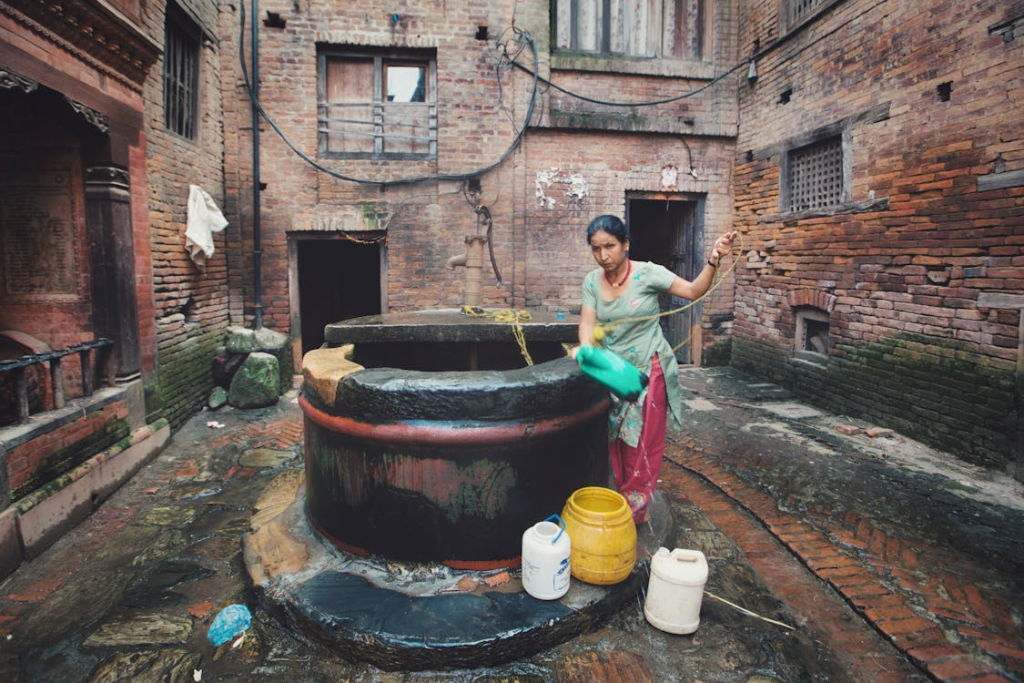
Well water carries significant contamination risks including bacterial and parasitic infections. Untreated well water may contain harmful substances from agricultural runoff, septic systems, or industrial pollution. Regular testing is essential but costly, requiring annual checks for bacteria, nitrates, and pH levels.
Natural contamination from geological sources can introduce arsenic, radon, or other dangerous substances. Well water quality can fluctuate based on seasonal changes, drought conditions, or nearby contamination sources.
Top Bottled Water Brands for the Best Hydration

The bottled water world is full of choices that could seem overwhelming. There are several types of water to choose from and each brand proclaims to have unique properties. Selecting the right brand of bottled water for you can be quite the task. Each option provides unique mineral compositions and packaging innovations that cater to diverse preferences and values.
Mountain Valley Spring Water
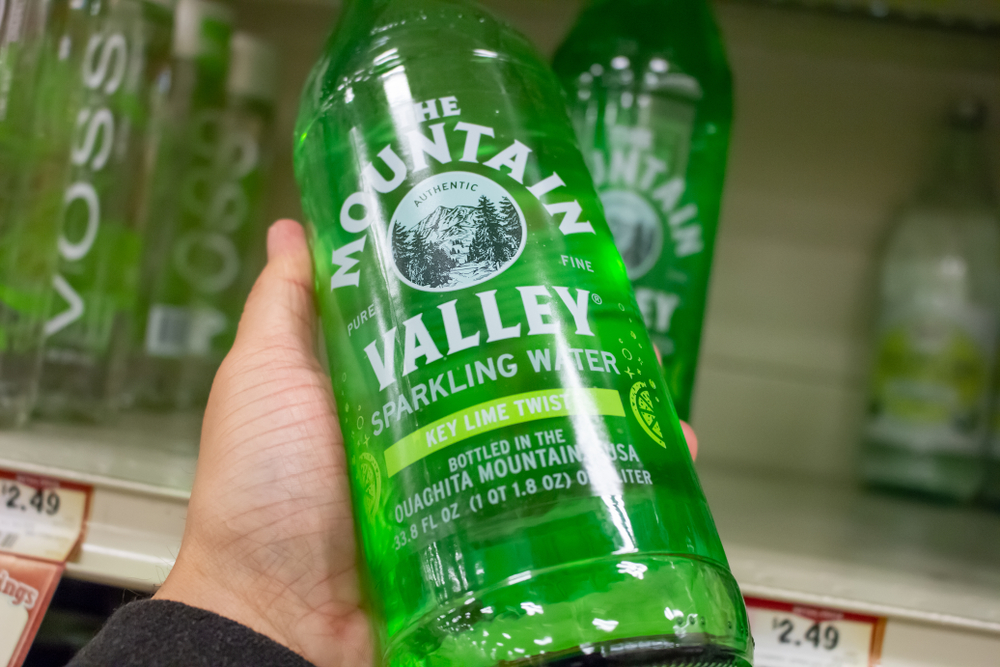
Sourced from Arkansas’ Ouachita Mountains, this brand delivers mineral-rich water naturally filtered through protected forest ecosystems. The reusable glass bottles preserve taste while reducing environmental impact, and conservation efforts revitalize its 2,000-acre watershed. Consumers appreciate its crisp, refreshing profile with balanced calcium and magnesium content.
Acqua Panna

This Tuscan-sourced water undergoes 14 years of natural filtration through Italian mountain aquifers before bottling. Its velvety texture and neutral pH make it ideal for fine dining pairings. The brand prioritizes glass packaging to minimize plastic consumption while maintaining water integrity during distribution.
Topo Chico

Originating from Mexico’s Cerro del Topo Chico spring since 1895, this mineral water features vibrant carbonation and distinct retro branding. Its gypsum-rich composition creates bright effervescence perfect for cocktails. The iconic glass bottles preserve flavor integrity though they lack resealable caps for portability.
Essentia Alkaline Water
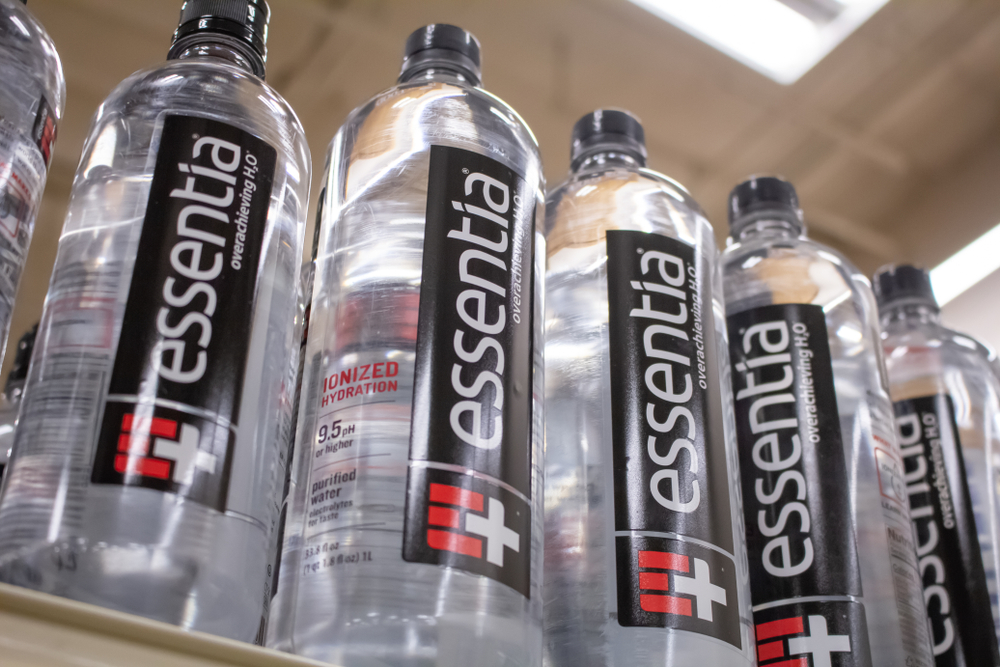
With a pH of 9.5, this ionized water undergoes proprietary microfiltration and reverse osmosis processes. Added electrolytes including potassium and magnesium enhance hydration efficiency clinically. The phthalate-free plastic bottles cater to active lifestyles while maintaining water stability.
Waiakea Hawaiian Volcanic Water
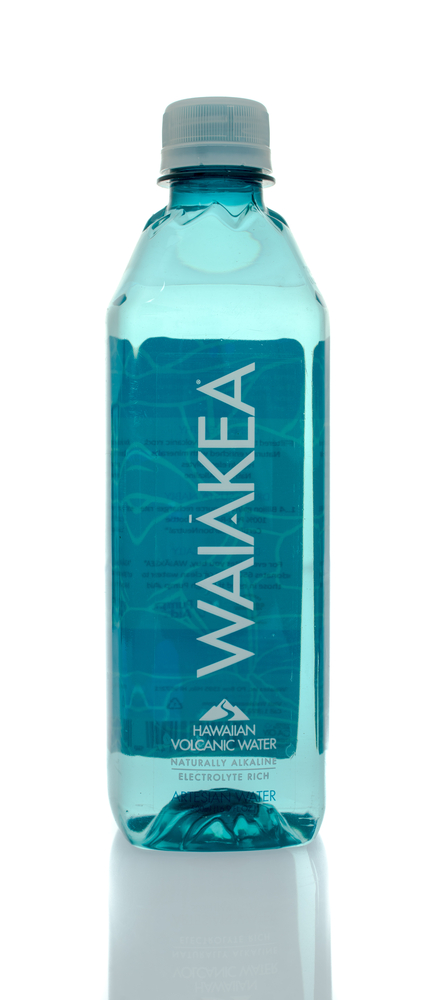
Naturally filtered through Mauna Loa’s volcanic rock, this water contains oxygen-rich minerals and alkaline pH. The brand uses 100% recycled plastic bottles and maintains carbon-neutral production. Each liter sold goes towards funding a week’s worth of clean water for African communities through ethical partnerships.
Liquid Death

Sourced from Austrian springs and packaged in recyclable aluminum cans, this brand combines crisp taste with anti-plastic activism. The distinctive heavy metal-inspired branding appeals to environmentally conscious consumers. Varieties include still mountain water and fruit-flavored sparkling options with natural essences.
Waterloo Sparkling
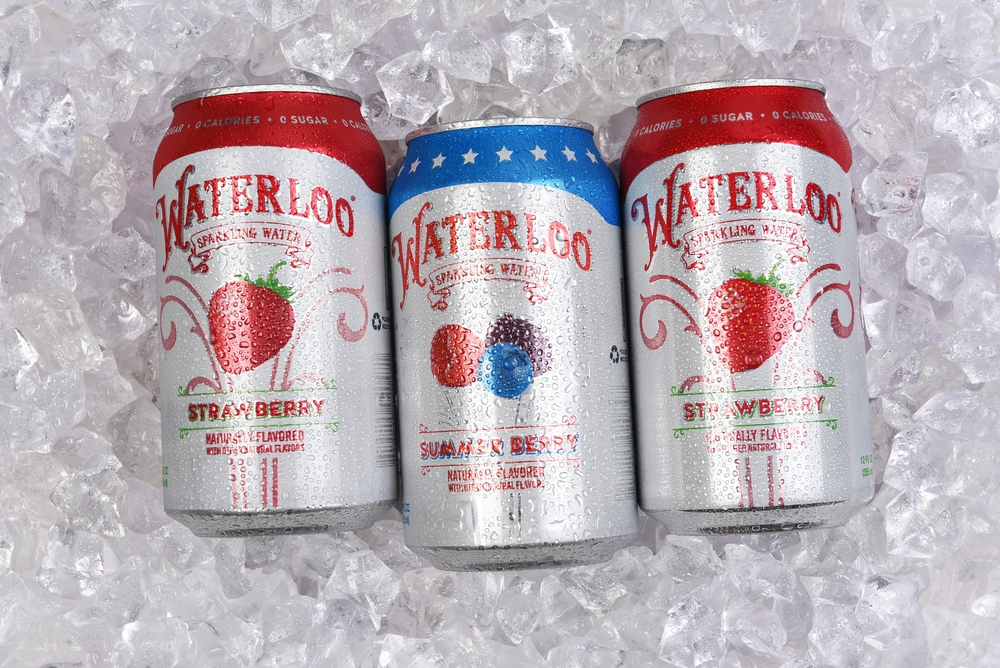
Crafted in Austin, Texas, these fruit-flavored sparkling waters use vapor distillation and cold-forced carbonation. Natural fruit essences create bold flavors without added sugars or artificial sweeteners. The 70% recycled aluminum cans come from zero-waste manufacturing facilities.
Aquafina
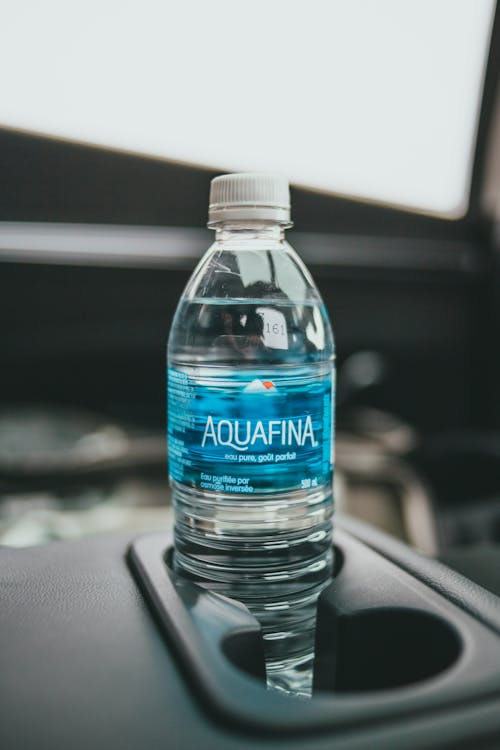
PepsiCo’s purified water undergoes a rigorous 7-step filtration process removing impurities while maintaining consistency. As America’s best-selling bottled water, it offers wide availability and budget-friendly pricing. The brand focuses on transparency in purification methods and sustainability initiatives.
Evian
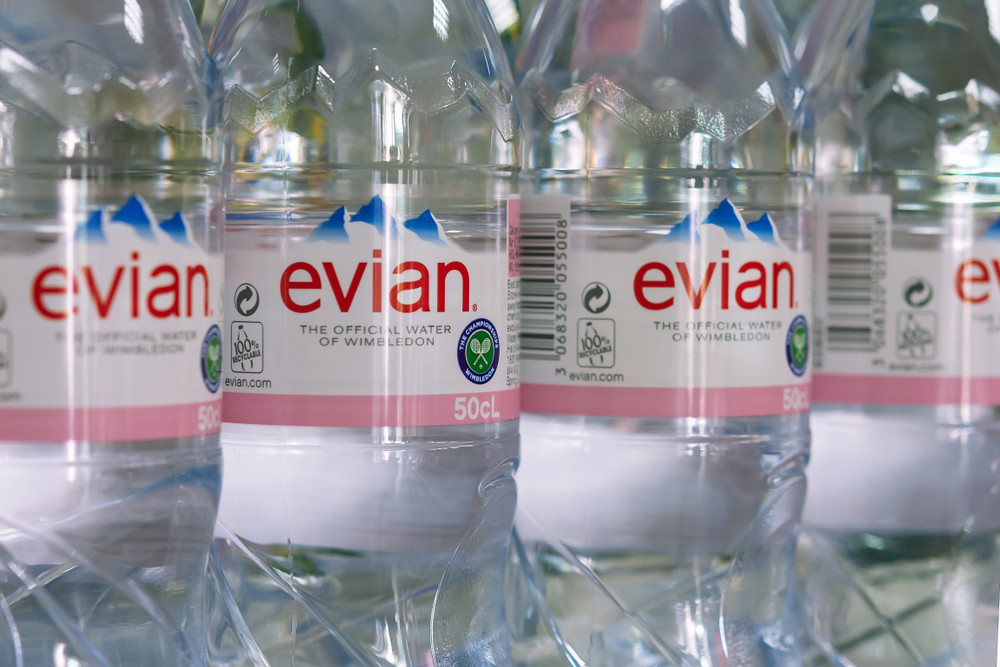
Sourced from French Alps springs, this premium mineral water contains naturally occurring electrolytes and silica. Its distinctive smooth mouthfeel comes from 15-year underground filtration through glacial rocks. The brand leads in sustainable packaging with bottles made from 100% recycled materials.
Hydration Choices for Every Lifestyle

Selecting the right water type and brand balances health needs, taste preferences, and environmental impact. Tap water offers regulated affordability, while mineral and spring waters provide natural electrolytes. Alkaline and purified options cater to specific health goals, though scientific backing varies. Bottled brands like Mountain Valley and Waiakea prioritize sustainability through glass packaging and recycled materials, whereas Liquid Death and Waterloo innovate with eco-friendly cans and bold flavors. Whether opting for cost-effective tap water or bottled brands, consistency matters more than the source. For deeper insights, explore The Spruce Eats comprehensive analysis. Stay refreshed, informed, and hydrated.
Read More: No Filter Needed: The Cleanest Drinking Water by Country, Ranked
Disclaimer: This information is not intended to be a substitute for professional medical advice, diagnosis or treatment and is for information only. Always seek the advice of your physician or another qualified health provider with any questions about your medical condition and/or current medication. Do not disregard professional medical advice or delay seeking advice or treatment because of something you have read here.
